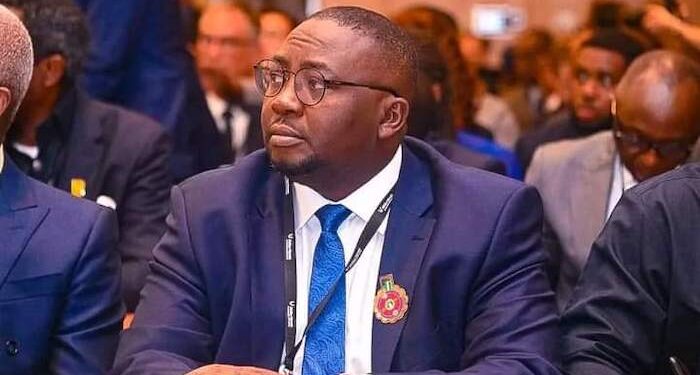The Federal Government of Nigeria has indicated its intention to expand the recent electricity tariff increase to encompass all customer segments nationwide. This announcement follows the approval by the Nigerian Electricity Regulatory Commission (NERC) of a tariff hike for customers classified under Band A.
Speaking at a briefing in Abuja, Minister of Power, Adebayo Adelabu, clarified that the tariff adjustment represents a pilot phase aimed at phasing out electricity subsidies in the country. He emphasized the government’s objective to transition gradually towards a fully cost-reflective tariff over a period of approximately three years.
Adelabu outlined the rationale behind the tariff review, citing the need to encourage investment in the power sector by removing subsidies. He emphasized the government’s commitment to mitigating the impact on consumers, stating that the transition would be gradual to avoid exacerbating the hardships faced by the populace.
The Minister highlighted that customers in Band A, currently charged at N225 per kilowatt-hour, enjoy significantly lower rates compared to alternative energy sources like diesel, where rates can reach N500 per kilowatt-hour. He underscored the government’s previous subsidy of 67 percent of electricity costs and the strain it placed on national finances, amounting to approximately N2.9 trillion in 2024 alone.
Adelabu stressed the government’s reluctance to sustain such substantial subsidies, particularly amidst competing budgetary demands. He emphasized the need for a phased approach to tariff adjustments, starting with customers capable of receiving stable power supply for extended durations.
In conclusion, the Minister emphasized that the tariff increase represents a critical step towards achieving a sustainable and investment-friendly energy sector in Nigeria, urging stakeholders to recognize the necessity of the transition despite its short-term challenges.


